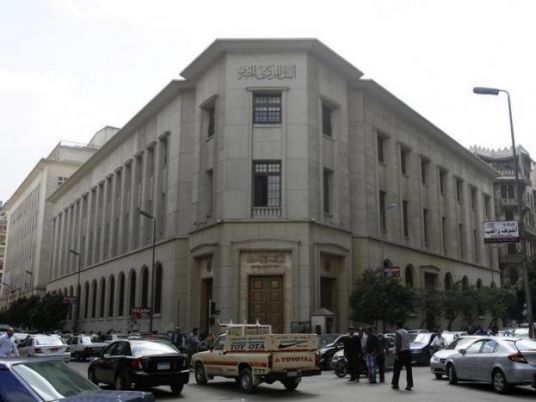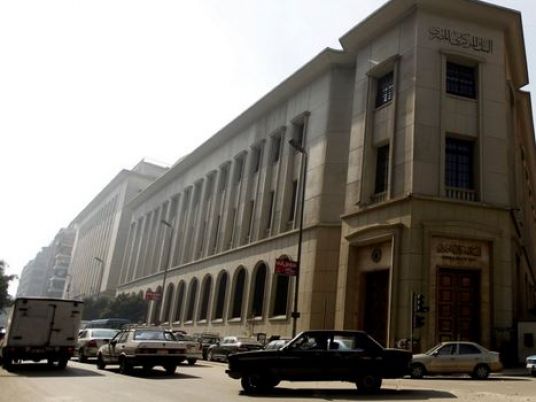A group of representatives from professional syndicates, along with prominent intellectuals and university lecturers, has announced its own vision and recommendations for the transitional government that will manage Egypt's national affairs in the coming six months.
The 25 January uprising transpired as a leaderless popular eruption, and many groups–including this coalition–have emerged to help hammer out a degree of consensus amid the plurality. The coalition, which includes members from 17 different institutions, hopes to put forth recommendations in line with the broad demands laid down by the 25 January revolutionaries.
“We aim to represent eight million professionals in Egypt,” said Hany Moustafa al-Husseini, a member of the 9 March Movement for the Independence of Universities. While the group’s statement makes many of the same demands as those called for by the uprising's leaders, it intends to buttress those demands by making specific recommendations for cabinet appointments in the transitional government and the Presidential Council.
“We can play a role in putting forth names. Given the nature of the coalition, we know who can play specific roles in the proposed technocratic government,” said Laila Suweif, also of the 9 March movement. “Many people are giving out the impression that we don’t have enough qualified people for these positions. But the truth is we’ve already put forth three or four names for each cabinet post, all of whom are all highly qualified.”
Along with well-known demands for canceling Egypt's longstanding Emergency Law, creating a civil transitional government and presidential council, and establishing greater leeway for the creation of political parties, the coalition has also called for the prosecution of former president Hosni Mubarak–along with members of his regime–for crimes committed against the Egyptian people.
“There are so many reports of specific criminal behavior since 25 January and before, it is very important that we try the criminals,” said Mona Mena, a member of the Doctors without Rights movement.
In order to create an appropriate atmosphere in which the sought-after changes can occur, the coalition has prioritized several initial steps. Freedom of the press and the “purification” of the police apparatus of corruption lie at the top of the list of priorities, along with the overhaul of Egypt's electoral process.
“We would like a group elected by the people to be in charge of drawing up a new constitution,” Hassan said.
“We need to ensure the transition to a civilian government as quickly as possible,” said Hani al-Hussaini (not to be confused with Hany Moustafa al-Husseini, quoted above), a member of the Division of Chartered Accountants of the Commercial Syndicate.
Finally, the coalition also sees the rectification of the current state of economic malaise as being of vital concern. It calls for implementing a more equitable minimum wage and efficient tax system.
The coalition, which includes many reformist elements from professional syndicates–who had lost a good deal of legitimacy under the Mubarak regime–hopes to rebuild these syndicates and play a role in building consensus among different elements of the revolutionary movement.
“We hope that in a couple of days the majority of youth groups and political powers can agree on a name or two for the post of prime minister,” Suweif said.




